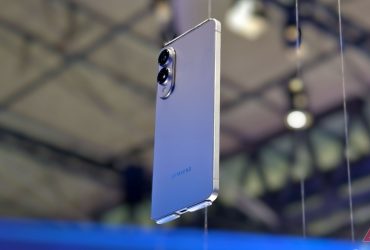Galaxy S25 May Get Samsung’s Improved LPDDR5X RAM Chips

Contents
As the Galaxy S25 series launch date draws closer, leaks are revealing more details about its tech specs and features. We already know that the Snapdragon 8 Elite chip will power all models globally. A new report claims that Samsung will implement an upgraded version of its LPDDR5X RAM chips in some Galaxy S25 units.
A recent report from ET News claimed that most units of the brand’s next-gen mobile flagships will use Micron RAM chips. It looks like the third-party vendor’s hardware is better at controlling heat and using less power than Samsung’s. Some units of the South Korean giant are reportedly still using its own RAM chips. Now, the same source has clarified the information by offering more details.
Galaxy S25 lineup tipped to use Samsung’s improved LPDDR5X RAM chips
Regarding the use of a majority of Micron RAM chips in the Galaxy S25 series, the report mentions that this will be the case for “the initial volume.” So, it’s possible that future production runs will feature a greater presence of Samsung RAM chips. Samsung was reportedly planning to integrate its own RAM hardware in most units from the very start, but it had a similar problem to the one experienced with the Exynos 2500 chip production.
The company’s plans were to integrate an improved version of its RAM chips into the Galaxy S25 series. The RAM is pretty much the same as the Galaxy S24’s, but the process used to make it has changed from 13nm to 12nm. This means that, in theory, the chips will be more energy efficient and generate less heat. However, the manufacturing process switch brought issues that led to hardware with more energy consumption than desired. Therefore, Micron was chosen as the main supplier for the first production runs of the devices while solving the problems.
Samsung Foundry chip production issues have been resolved
Currently, Samsung Foundry has already resolved many of the difficulties reported last year, including those affecting the production of Exynos SoCs and upgraded RAM chips. Samsung’s phones that will arrive from H2 2025 will probably use a majority of their own components. The firm will launch its next mobile flagships in the Galaxy S series on January 22.
What’s your reaction?
Love0
Sad0
Happy0
Sleepy0
Angry0
Dead0
Wink0










Leave a Reply
View Comments